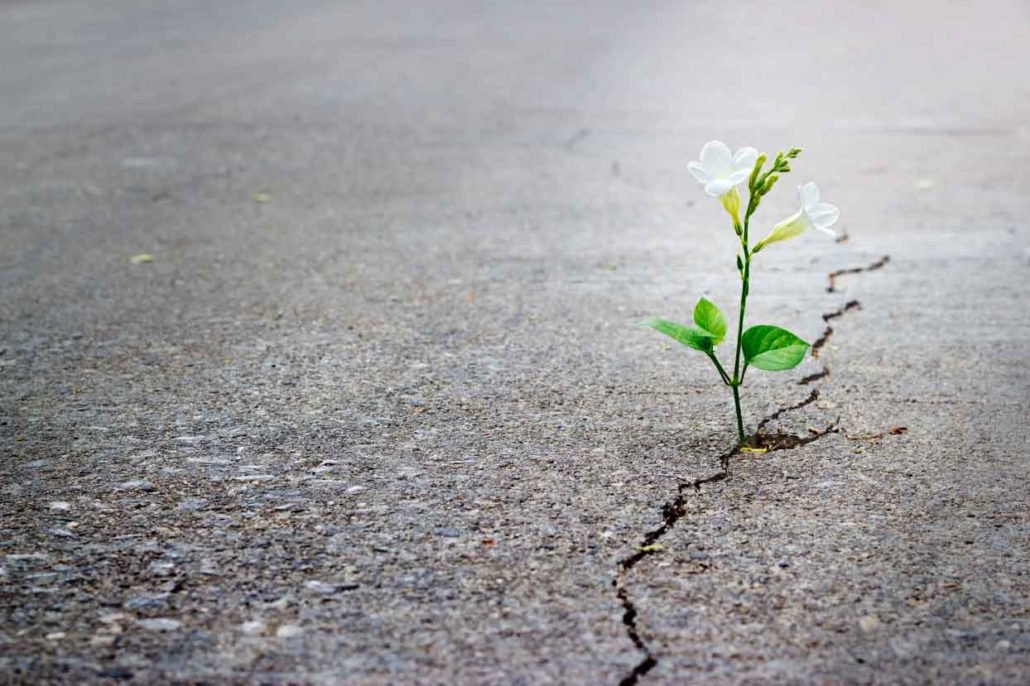News of climate change, ecological destruction, and looming societal disruption is everywhere. From turbo-charged hurricanes to record-breaking ice melt to massive species extinction, we are surrounded by increasingly alarming evidence of a deepening climate crisis. And the changes we are now witnessing can no longer be relegated to something for future generations to address. The future tense has become the present tense.
For many of us, climate change is resulting in feelings of dread, anxiety, and even depression. In fact, rising levels of “eco-anxiety” as well as trauma from natural disasters have been widely documented. Unlike the case of many phobias that are not necessarily real, but come from a distorted sense of reality, fear of climate change and the effects it will have – indeed, is already having – on all of us is, well, a reasonable and evidence-based reaction. And not just fear of direct impact in the form of storms or floods or drought, but “big picture” concerns about the sustainability of life on earth.

Therapeutic techniques such as Cognitive Behavioral Therapy (CBT), which endeavor to help people identify and shift away from inaccurate or unduly negative thinking, may not be very effective in helping people deal with a phenomenon that is decidedly real. So how can we help people to better manage feelings of anxiety and depression about climate change and ecological destruction? While the mental health field is beginning to respond to this challenge, it is early days. Comprehensive, evidence-based approaches have yet to be established. With this in mind, here are a few ideas for consideration. They involve building awareness, taking action, and finding acceptance.
We should all be aware of the seriousness of climate change. Attempting to rationalize it as overblown, something that technology will easily solve, or simply “not our problem” is clearly not a healthy or adaptive way to frame this challenge. Building awareness, educating ourselves, and getting real about climate change is a painful, but necessary first step. After all, as Dan Siegel so elegantly puts it, we must “name it to tame it”.
Taking action is the centerpiece of any effective approach to dealing with eco-anxiety. And, fortunately, there are many actions available to us, including:
- Lifestyle changes such as reducing our meat consumption, minimizing long-haul business and personal travel, recycling and composting, and purchasing environmentally friendly products and services,
- Consumer activism in the form of boycotts, shareholder initiatives, and putting pressure on companies that continue to deny the threat of climate change or fail to embrace opportunities to mitigate their climate impact,
- Lending a hand by helping those who are severely impacted by extreme weather events, livelihood erosion, and even forced eco-migration,
- Political involvement through volunteer work, contributing to eco-friendly non-profits, and, of course, VOTING for candidates who get it and are ready to prioritize the future of our one and only environment, and
- Enjoying and appreciating nature by spending quality time outside (for example, engaging in what the Japanese call “forest bathing“), and helping to clean up neighborhoods, beaches, or parks.
Finally, we must cultivate acceptance. The climate crisis is much, much bigger than what any individual or even group of individuals can fix. It is a multi-generational challenge that will require massive mindset and behavioral changes by people from around the world. All of us. So acceptance means doing everything we reasonably can do as individuals, and then accepting the real limits on each of our abilities to affect positive change. To paraphrase the wise words of the Bhagavad Gita, we are entitled to our actions, but not their fruit. Beyond awareness and action, our only remaining refuge is hope.

The climate crisis is real. Responding to it with feelings of anxiety or depression is not unreasonable. Dealing with these feelings via a combination of awareness, action, and acceptance may be the best of our available options.


